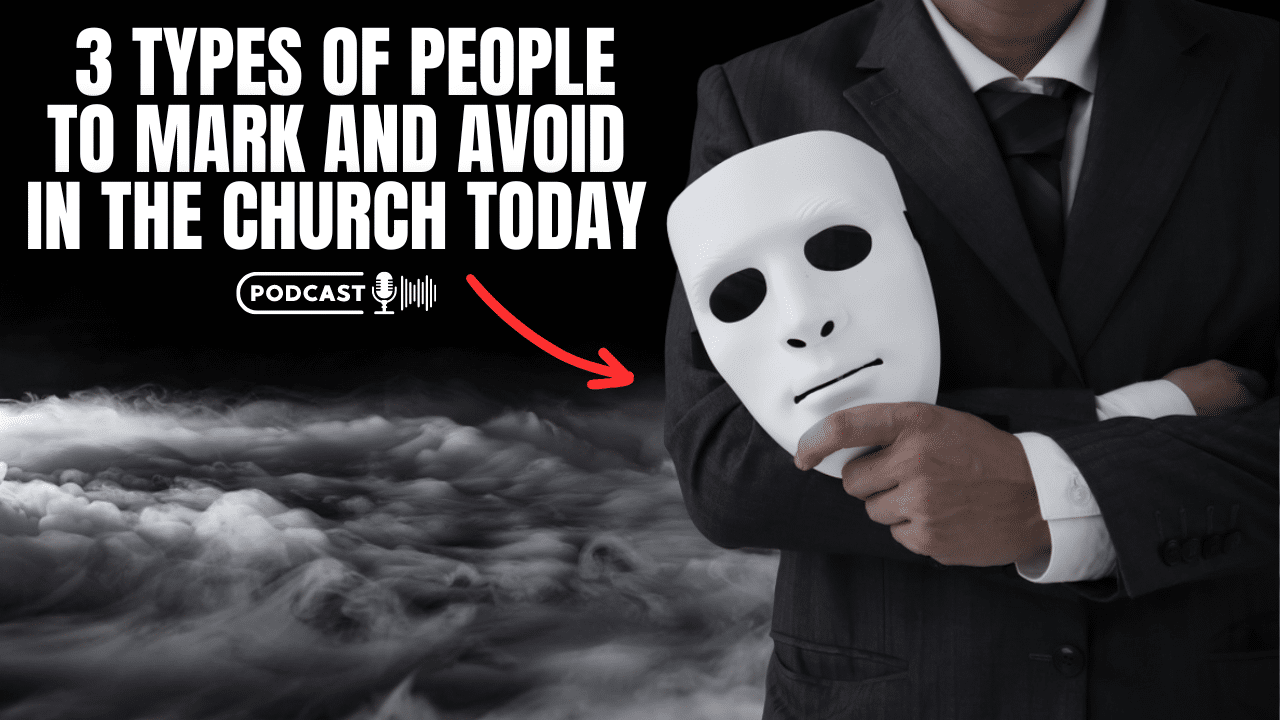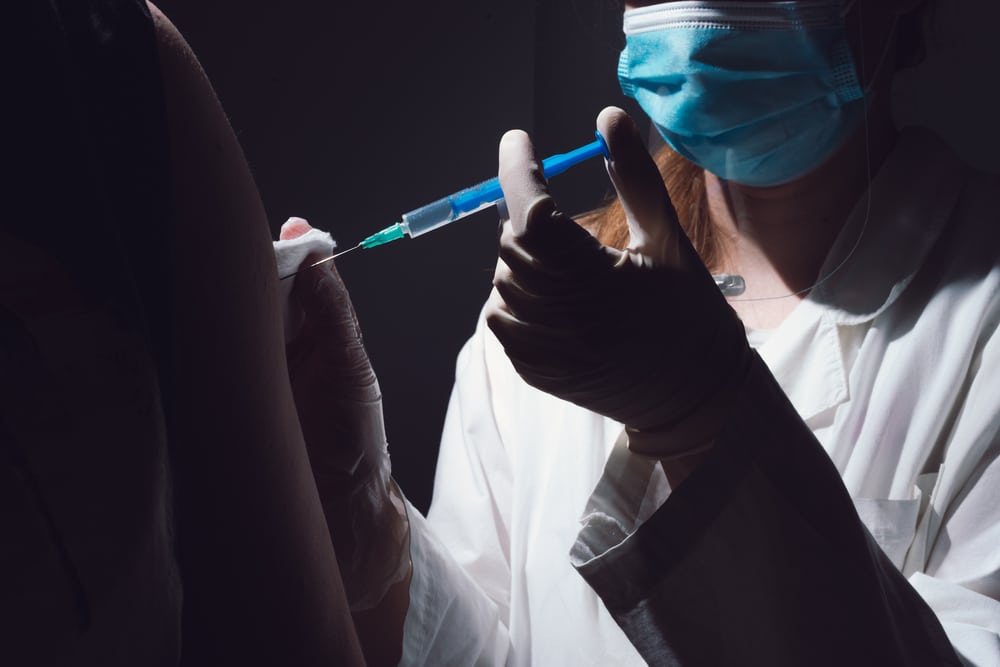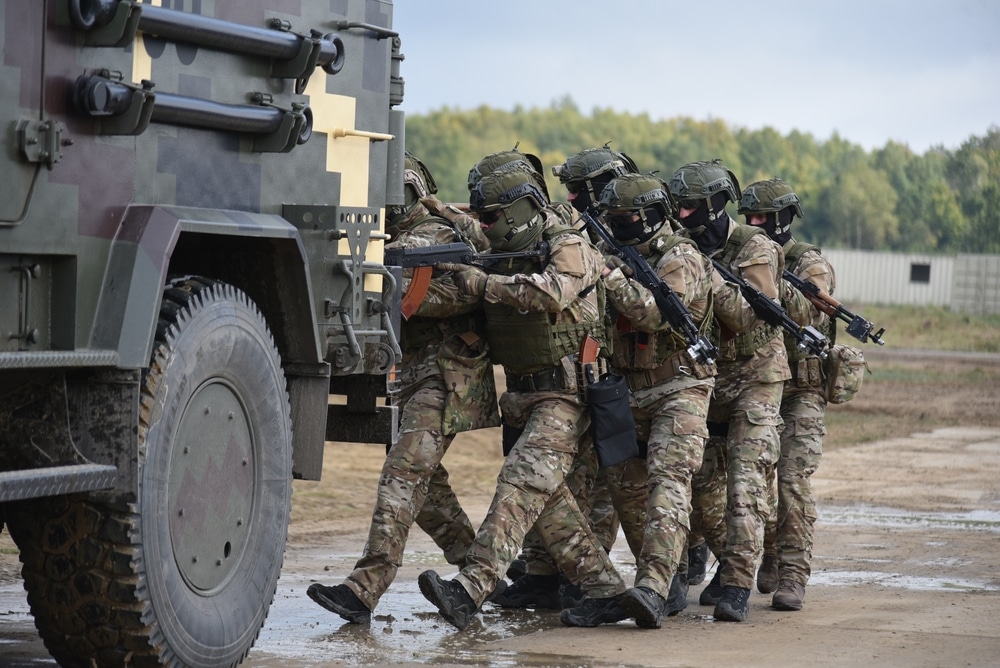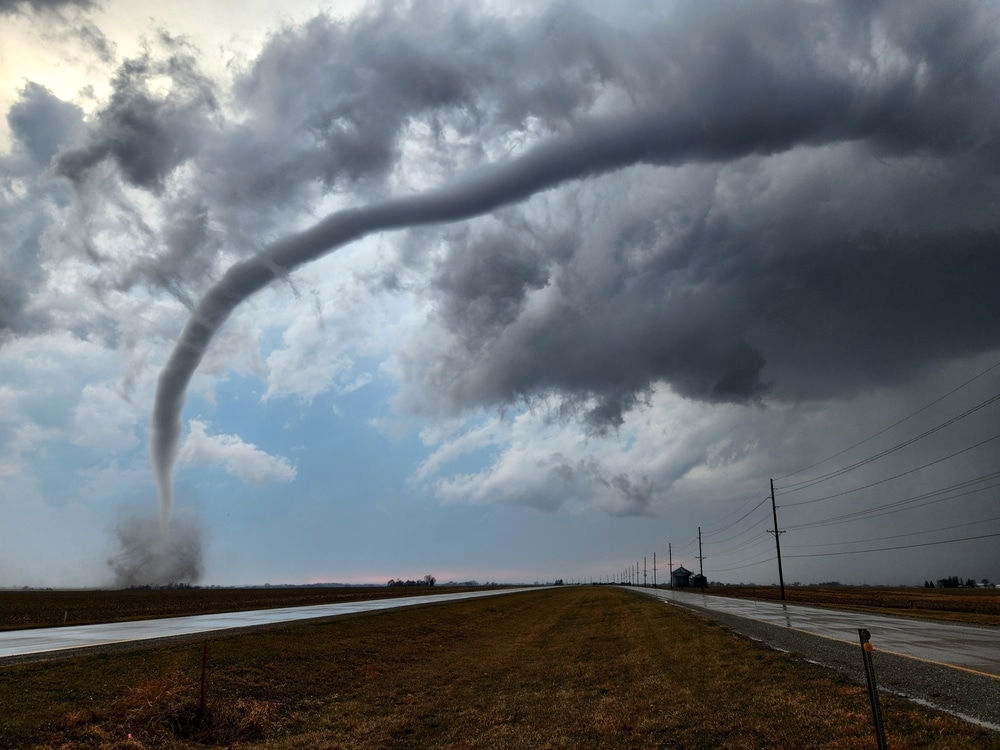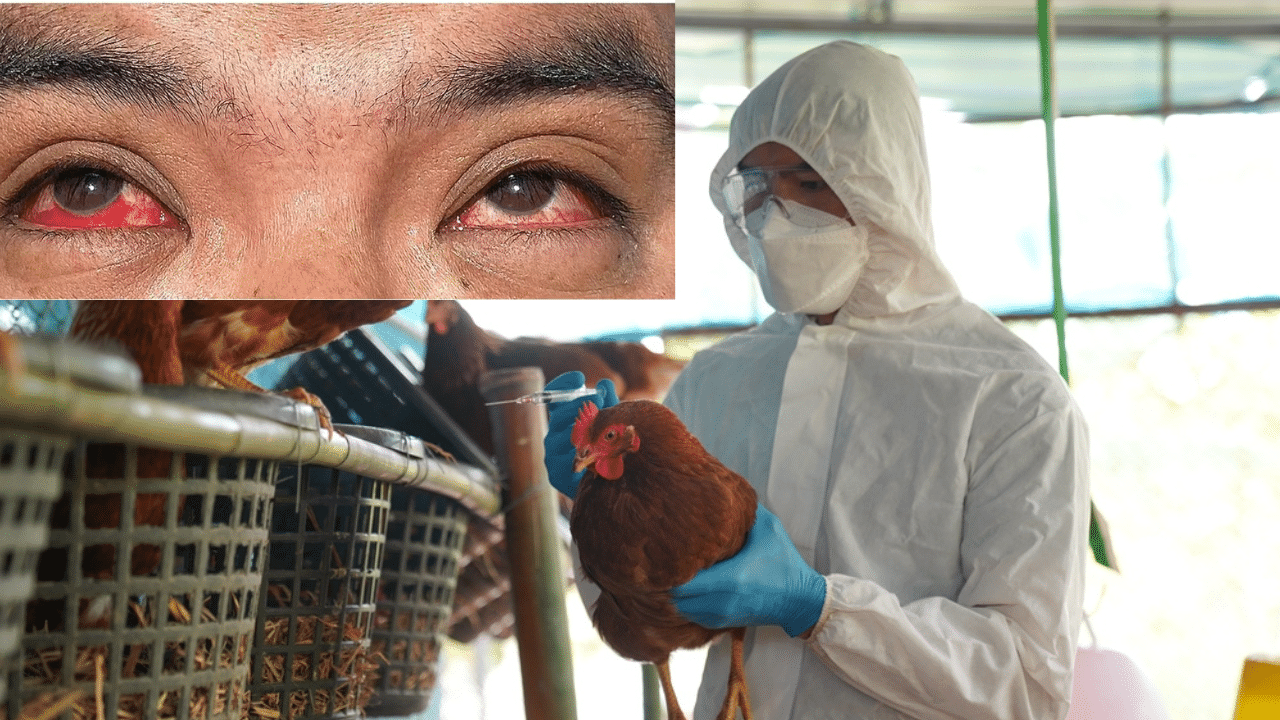(OPINION) What happens when we die? It’s a question people have been asking throughout time and the answer is still a mystery. Now, a new study exploring what people experience when they’re close to death has come to one important conclusion — “near-death experiences” are a real thing, even if we can’t explain them.
Countless people have claimed that their life “flashed before their eyes” or that they actually left their body and traveled somewhere else while close to death. Critics have called these experiences hallucinations or illusions, but researchers from NYU Grossman School of Medicine say something else is actually happening.
A team of researchers from several medical disciplines — including neurosciences, critical care, psychiatry, psychology, social sciences, and humanities — have come up with a number of scientific conclusions after reviewing unexplained lucid episodes which involve a heightened state of consciousness.
“[B]eing ‘irreversibly dead’ is technology-dependent,” wrote Anders Sandberg, a research fellow at the University of Oxford’s Future of Humanity Institute, back in 2016.
“For a long time, a lack of breathing and pulse were regarded as hallmarks of death, until resuscitation methods improved. Today, drowning victims that suffer extreme hypothermia, lack of oxygen, and lack pulse and breathing for several hours can be revived (with luck and some heavy medical interventions).”
“Even not having a heart isn’t death if you are on the transplant surgeon’s table,” he pointed out.
Sandberg wasn’t involved in the study, but he hits at the heart of the issue: modern medicine has fundamentally changed how we think about death. All of a sudden, we’re learning just how little we know about this most universal part of life.
“Cardiac arrest is not a heart attack,” explained Sam Parnia, director of Critical Care and Resuscitation Research at NYU Grossman School of Medicine, and lead author of the new paper, in a statement.
“[Instead, it] represents the final stage of a disease or event that causes a person to die,” he continued. “The advent of cardiopulmonary resuscitation (CPR) showed us that death is not an absolute state, rather, it’s a process that could potentially be reversed in some people even after it has started.”
In fact, the researchers point out, evidence suggests that neither physiological nor cognitive processes end at the “point of death” – and while scientific studies have so far not been able to prove the reality of near-death experiences, neither can they disprove them.



